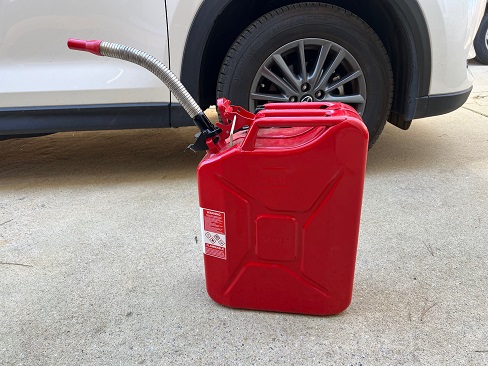High Mileage vs Full Synthetic Oil
Article by Mark Trotta
All of my classic cars and vintage motorcycles still use conventional oil, but on my "fleet" of daily drivers (mine, wife's, kids) it's either synthetic-blend high mileage or full synthetic.

Current statistics show that nearly half of all cars, trucks, and SUV's require synthetic blend or full synthetic oil. So which one is better?
The short answer is full synthetic is always better, but cost is the main reason why you may want to buy high mileage oil vs synthetic oil.
What Is High Mileage Oil?
If you have over 75,000 miles on your modern car or truck, consider switching to a high-mileage motor oil, which are a blend of synthetic and mineral-based oils with extra detergents added to them. The detergents help remove any sludge build-up that an old or high mileage engine may have, and also helps keep them clean internally. Most high mileage oils also have seal conditioners to help stop and prevent oil leaks, although results are probably marginal at best.
Best High Mileage Motor Oil
There's plenty of excellent brands out there. These include Castrol, Pennzoil, and Valvoline. Truth is, the brand really doesn't matter much, as long as it meets the standards specified by the manufacturer (which all name-brand oils do).
Years ago I had brand loyalty, but with all major brands of oils so close in quality, I now let price be the deciding factor as to which one I buy.
Valvoline MaxLife
Valvoline states they were the first company to market a high mileage motor oil. Their high mileage MaxLife is designed to remove sludge and deposits from your engine. It also contains anti-oxidants that help prevent oil breakdown, which in turn prevents sludge and deposit formation.
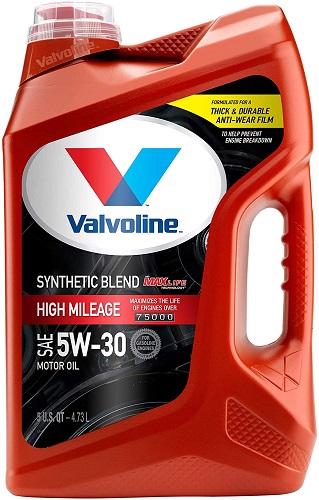
I often purchase MaxLife Motor Oil for my 2008 Ford Sport-Trac, which currently has 184,000 miles. The recommended interval for this vehicle is 7,000 miles, but I usually change the oil and filter at or around 5,000 miles.
Castrol GTX High Mileage
Back in the eighties, I used Castrol GTX in my old muscle cars, so I like the brand. Castrol GTX High Mileage Oil is formulated to be less phosphorus than other synthetic blend oils.
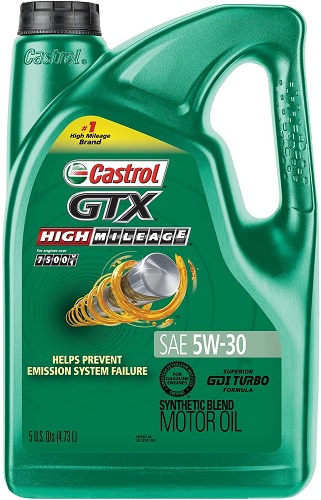
Castrol GTX High Mileage is often selected for our daughter's 2008 Chevy Cobalt, which currently has 121,000 miles. Recommended oil change interval is 5,000 miles.
Full Synthetic Oil Benefits
If your vehicle sees cold winter start-ups, brutal-hot summer driving, or daily stop-and-go traffic, you should be putting full synthetic oil in your crankcase. But even if your car or truck doesn't see these extreme driving conditions, it will still benefit from full synthetic oil, just not as much.

Full synthetic oil provides greater resistance to oxidation than do mineral-based oils. If continually used over the course of many years, it has been proven to increase an engine's lifespan.
I've been putting full synthetic in our 2013 Ford Edge for the last 135,000 miles. Oil change interval is between 7,000 to 8,000 miles.
Castrol Edge Full Synthetic Oil
This is Castrol’s most advanced engine oil. They claim their Edge full synthetic oil is three times stronger against viscosity breakdown than other full synthetic brands.
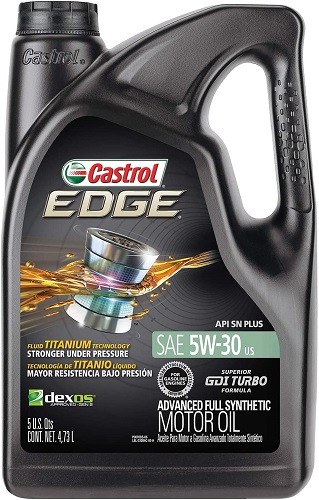
Not only is Castrol Edge recommended by many automotive manufacturers, it's also recommended for new BMW and Triumph motorcycles as well.
Pennzoil Full Synthetic
Pennzoil Ultra Platinum oil exceeds car manufacturer requirements for cleanliness and protection (ILSAC GF-6, Dexos1 and Ferrari approvals).
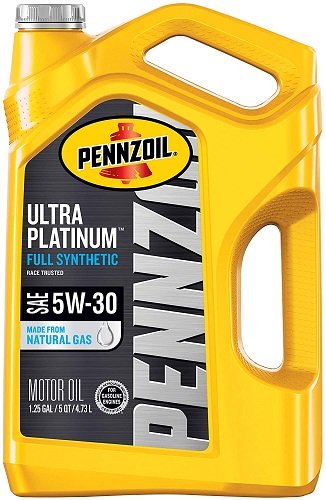
It's suitable for all car, truck, and SUV gasoline and turbocharged-equipped engines.
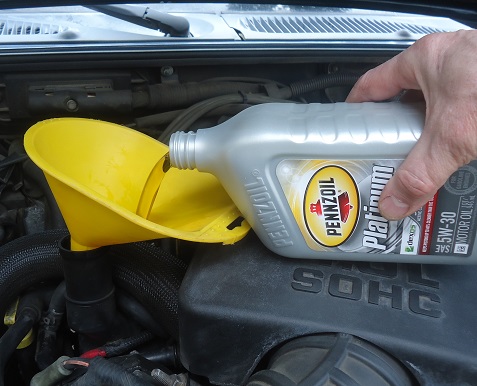
Mobil 1
Our 2021 Mazda CX5 requires 0w20, which is only made in full-syn.
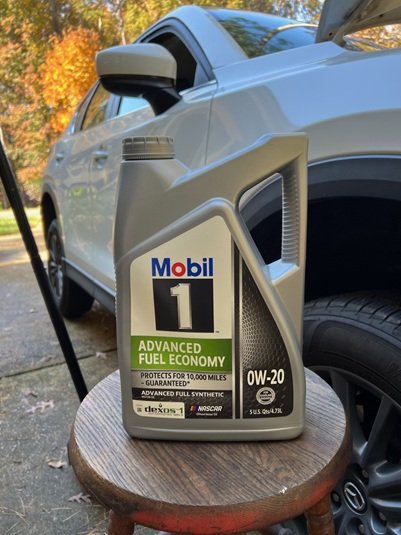
Mobil One Synthetic is another top choice.
********************
Is Amsoil Really The Best?
If you read online oil reviews, you'll notice that Amsoil ranks number #1 nearly all of the time. It's a fact, that no other company has a longer history of producing quality synthetic motor oils than they do. Their level of research, testing, and development of new additives is second to none.
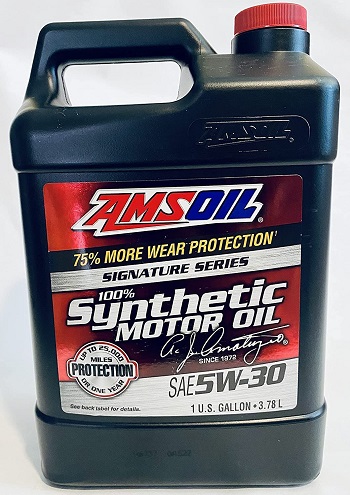
The only downside to their products is that they are harder to find in stores, and more expensive than other brands.
But Aren't All Synthetic Oils The Same?
Well, yes and no.
Oil companies, both small and large, spend untold amounts of money on advertising, trying to convince you that their brand is the best.
When you're trying to squeeze 2% more horsepower out of your race engine, everything you do, including what oil you pour into it, requires the utmost scrutiny. But for the average user who's not competing in racing events, any synthetic oil is just as good as any other.
The fact that they all pass the same API certifications tells you all you need to know -- any of them are a good choice for a daily driver car or truck.
********************
Oil Changes Are Still #1 Priority
Oil changes are the most important part of automotive maintenance. Air filters and fuel filters are also important, but not nearly as much.
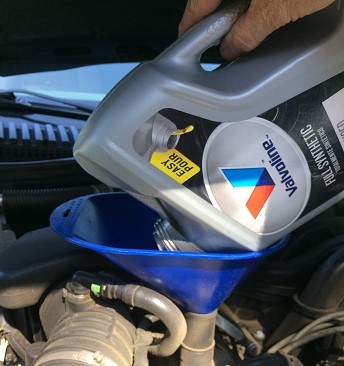
********************
Ordering Online
Being a lifelong car guy, I certainly make more trips to the auto parts store than most people, but when my schedule gets tight (regular job and side work), ordering motor oil online frees up some valuable time.
If I order online a week before I need it, delivery time is less of a priority. Plus, it's usually less expensive, and there's no driving or waiting on lines.
********************
Proper Oil Disposal
Please dispose of old lubricants properly. Where I live (central North Carolina), there's a recycle center about five miles from my house. I'll wait until I have 2 or 3 gallons of used oil, then take the trip. Recycle centers also take old oil filters.
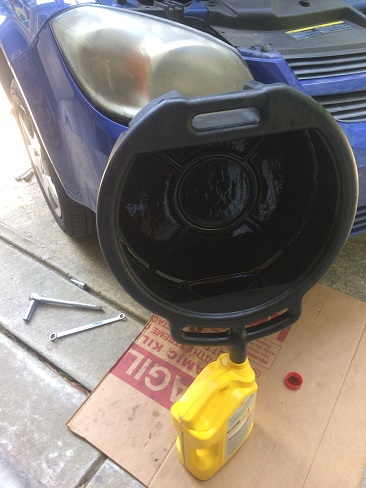
TIP: If your car or truck takes 5 or more quarts of oil, you'll find that five-quart containers are easier and quicker to pour, plus you can put the old oil right back into the container for easy disposal.
********************
Notes and Misc
You can switch back and forth between oil types, you motor doesn't care.
Change your oil at recommended intervals. Oil is cheap, engines aren't.
Conclusion
I have rebuilt quite a few automotive and motorcycle engines, and have seen first-hand the damage caused by lack of regular oil changes. Once an engine gets sludged up, there is no easy way to clean it. You can try an engine flush, but these have very strong detergents which sometimes do more harm than good. So, if your engine oil comes out dark and sludgy, cut your mileage interval in half for the next oil change.
********************
Articles of Interest:
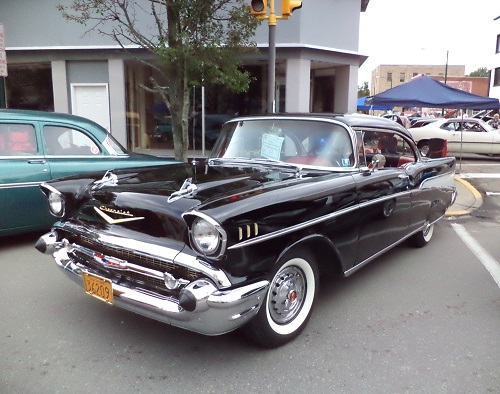
Best Oil for Classic Cars
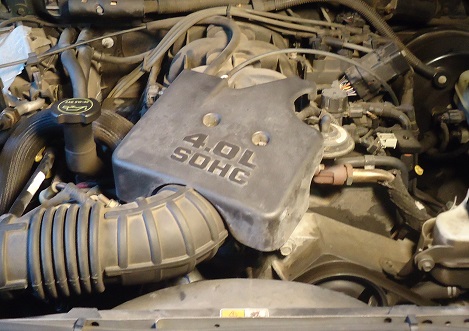
Ford V6 4.0 OHV vs SOHC
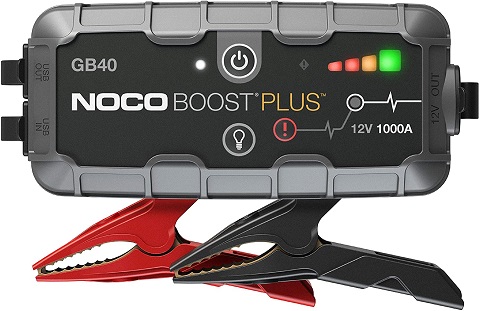
Battery Jump Pack Review
